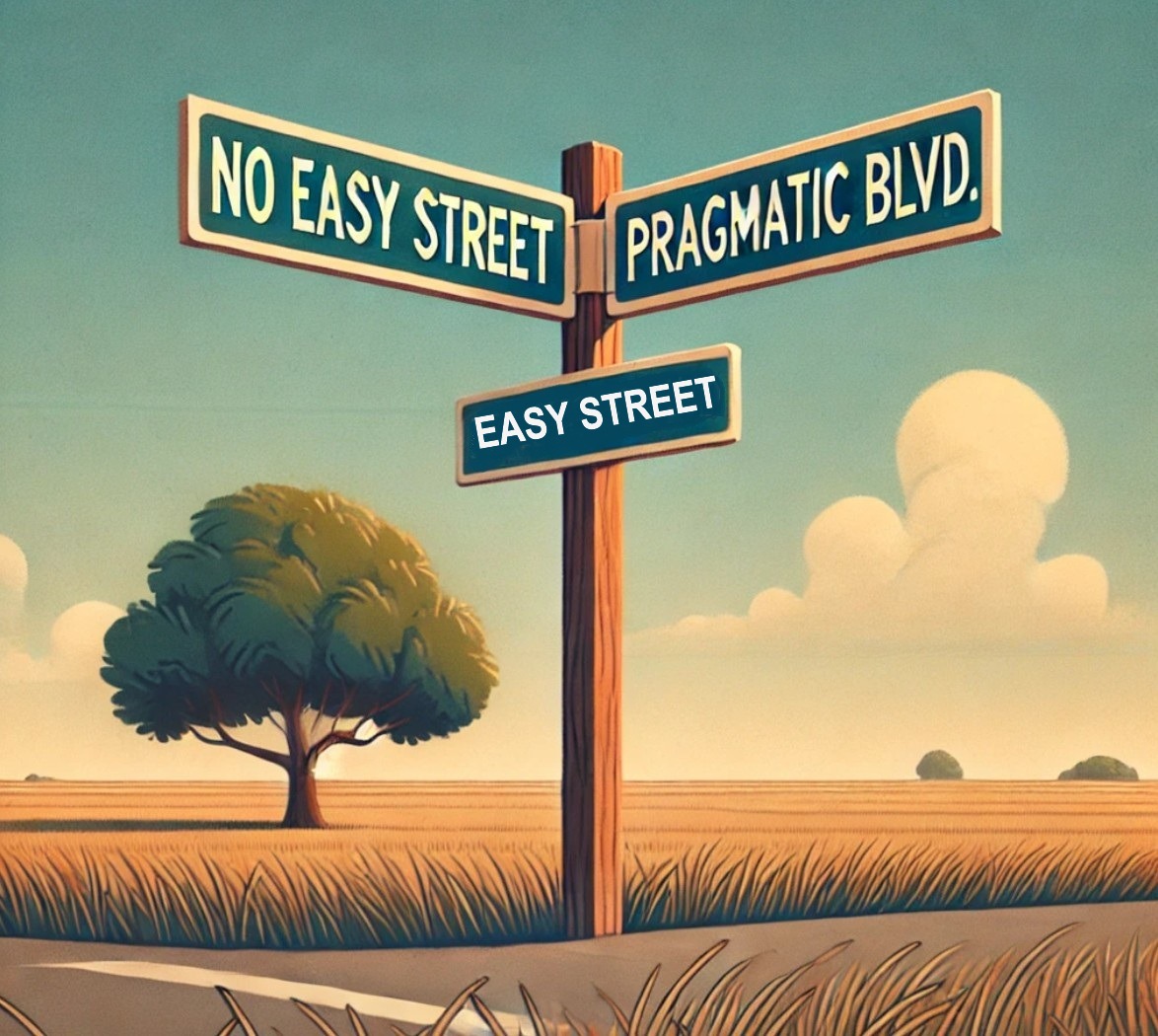Living On Social Security
Oh my! What stories we hear about our futures! Housing costs, 401K controversies, retirement funds, pension funds, investments, etc., and with the current political atmosphere, who knows what is going to happen to Social Security in the forthcoming and future administrations? Everything we hear about it is more than a bit vitriolic, so it’s odd to hear anyone say that social security benefits might be enough, especially without specifying the amount or size of the benefit.
Rebecca Lake, a correspondent for INVESTOPEDIA, recently posted Living on Social Security Alone: Can You Do It? In it, she provides insights from an investor’s point of view that somewhat outlines a “plan” for making it work. Of course, the plan is laid out for no other reason than to make one aware of how difficult retirement will be without planning, saving, and investing.
Pragmatically speaking, although one might survive on Social Security alone, the question is, for what length of time? There is much more to consider than those first years of retirement. For all of us, regardless of the size of our SSI, a time will come when we will all need assistance, a time when we cannot care for ourselves. Ms. Lake opens her article with this statement:
If you’re approaching retirement having saved less than you’d like, you could possibly live on Social Security alone, you’ll need a game plan to make it work.
The mysteriously missing conjunction (but) is absent from the last portion of that sentence because survival after retirement is not a game, and a “game plan,” like any plan, can fall apart and, in this case, very quickly. Even if you are one of the fortunate who earned a six-figure income for the past twenty or thirty years, and what you paid into your SSA will likely sustain you, still, the issue is that retiring at age 62 – 70 is not the end of life; you have a long way to go with many obstacles to consider along the way, and the end of the game plan is the most expensive time of all.
Social Security Gives Back What You Put In
The fact of the matter is that Ms. Lake, whether she realizes it or not, is speaking to those in the top 20% of the wage-earning bracket who come near to or max out their SSI contribution. For those like us with miniscule pensions from our employers and a small annuity purchased with our 401K savings, even we cannot begin to afford what will be needed when the time comes to consider assisted living or nursing care. The fact is, the majority of us baby boomers will not retire to Margaritaville but to something far less, to something we can barely afford.
As a 30-something financial adviser, like Ms. Lake, is using the knowledge she gained from research and government statistics; she cannot begin to understand the rigors and complexities of the “game plan” required to live on an ever-decreasing income. Yes, I said, ever-decreasing because living on social security income means that every time there is an increase in the cost of living, or your rent increases, or you develop a medical condition, etc., you have less and less to live on.
Ms. Lake is providing a simple warning. An obtuse way of telling you of the need to plan and seek professional advice when considering retirement. She is trying to encourage you to talk to the financial planners and advisors for whom she writes and to do so as early as possible.
The article somewhat accurately points out the following:
- To live solely off Social Security, you will likely have to decrease your living expenses significantly and live frugally.
- If you can put off taking your benefits past full retirement age, you’ll see your monthly benefit check increase up until age 70.
- Move to a less expensive home.
- The Bureau of Labor Statistics estimates…
- A more significant move—to a different state or even moving abroad—can be worth considering to lower other living costs.
- By relocating, you could lower your costs for food and gas!
- The next step is reducing other line items in your budget, such as utility bills, transportation expenses, and food costs.
- The key question that you must ask is: What can you live without?
- If you’ve got substantial debt obligations, such as credit card debt or a car loan, aim to get them paid off before retiring.
- Healthcare in retirement can be extremely expensive, so you need a plan to pay for it, especially if you have an existing medical condition.
- Medicare can cover some of the costs once you turn 65, but it doesn’t pay for everything!
- Medicaid, for example, is available to low-income individuals, and you can have this coverage along with Medicare.
- The good news when it comes to inflation is the government is aware of it and recognizes it in its Social Security benefits. Each year, the government approves a cost of living adjustment to the payout amount of benefits…One thing to be mindful of is the COLA each year may or may not equal the prevailing annual inflation rate.
- Though one’s Social Security benefit will usually be year-over-year, this may or may not be in tandem with the prices of things these retirees are buying.
- You can take benefits as early as age 62, but your benefits will be reduced. You can also delay taking benefits to receive a larger benefit up until age 70.
- Living on Social Security alone is possible, but you will need to have a frugal lifestyle to make it work.
Retirement is an enigma!
Seriously? “Live frugally, wait for the right time, lower your standards, eat less, stop enjoying life, sit at home, wait to die? These are NOT options, but sadly are the realities of many who could not or cannot afford better, i.e. those who never had the opportunity to save, invest, and plan.
The Enigmatic World of Retirement
Retirement is a word that, in the mind of many, means “no more work-a-day world.” It implies leisure, travel, days of sleeping in and doing whatever you wish. For most of us, however, retirement is a condition, i.e., an enigmatic condition in which you find yourself continually learning to cope with and adjust to life year after year. We live in a volatile society where the cost of living washes over us like the waves on the ocean. You cannot accurately predict any given day’s situation. You learn to expect the unexpected and begin to live with your endgame in mind, i.e., figuring out how you will be cared for when you cannot care for yourself. It does not mean that you stop having issues, expenses, and responsibilities. All of which can mount up and become worse than you had when you were working.
As the saying goes, “CHANGE is the only constant in life.” Consequently, no matter how much you have for retirement, your life, your situation, and your health are all fluid and can change overnight. Yes, planning is necessary, and preparing is a must, but life gives us what it gives us, and we often have to make do with whatever is in our coffers.
On top of all this are the corporate money grubbers who are buying up the senior living facilities as fast as they can, taking advantage of all that money the government is giving back to those who desperately need it. As a result, assisted living is an expense that even the best retirement planners can rarely adequately prepare you for, and the conditions in which you may find yourself, regardless, are most often less than favorable. (See: Corporate Attack On Boomers, parts 1&2).
So when considering “Man Must Not Live On SSI Alone, Or Can He,” well, yes, you can, but it takes practice before you retire. In other words, learn beforehand to live by need and not by desire. Frugality takes practice; limiting yourself requires self-discipline, and although you may not build for yourself a Mar-a-Lago, you may find a tiny piece of paradise by simply limiting your expectations and planning as much as you can ahead of time.
How well and how long you sustain yourself will be determined by your health, ingenuity, tenacity, and resourcefulness.
Share This Story:
Leave A Comment
You must be logged in to post a comment.











